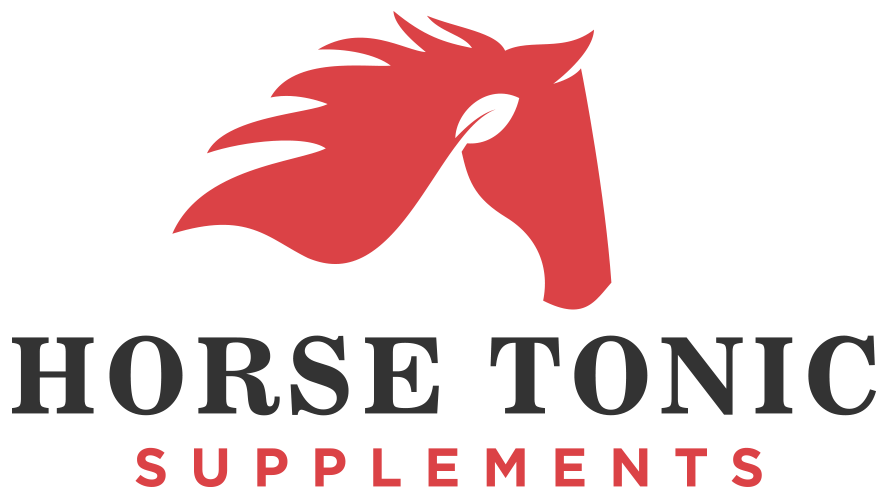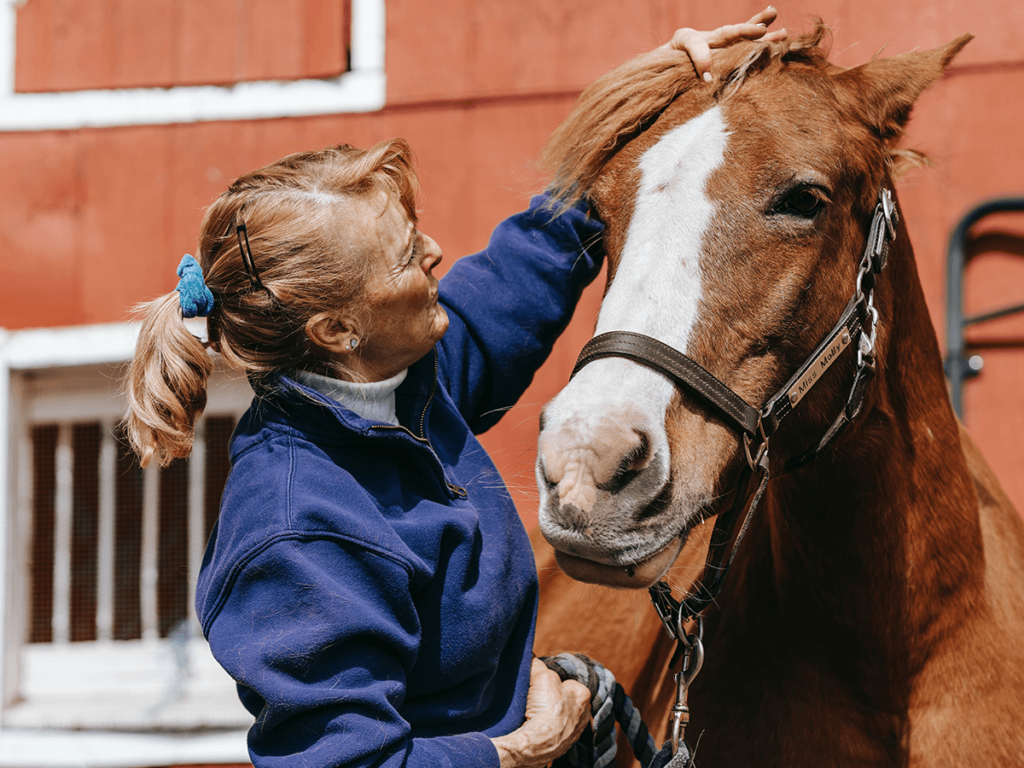Allergies of different types are an abnormal reaction to a weakened immune system, in these cases what is quite harmless in normal circumstances can then become a problem. Allergens such as pollen and reactions to insect bites or certain types of food can become a problem. Almost anything can cause an allergic reaction in horses, these reactions can range from quite mild to severe.
When an allergic reaction occurs, it can contribute to chronic inflammatory reactions throughout the horse’s body.
Allergic reactions can include breathing problems, skin irritations, itchy and swollen eyes, cough, diarrhoea, hives and irritations to the nose, mouth and skin, not to mention the effect on digestion. Some horses may react to insect bites such as mosquitoes.
But the most important thing is that if you support the immune system, you reduce the chance of an allergic reaction in horses.
Phytonutrients are a fairly new way to control inflammation and the negative effect it has on the horse’s body. These are natural compounds that have been shown to have an excellent effect on supporting immune function.
Many plants only produce flavonoids, carotenoids, polyphenols and anthocyanins to protect them from oxidative damage.
Flavonoids belong to the largest class of antioxidants, and researchers have identified about 5000 flavonoids in various foods. Polyphenols are a smaller class of antioxidants that scientists often call phenols. Terms such as phytonutrients and phytochemicals are a more general term often used by researchers to describe nutrients in antioxidant chemicals in plants.
Antioxidants are generally found in brightly colored fruits, berries, grapes, citrus fruits and green leafy vegetables and plants.
Other antioxidants that are highly effective include vitamin E, Vitamin C, beta-carotene and selenium. They all have a very positive effect on free radicals and the damage they do.
Antioxidants have a major influence on free radicals. Oxidation is a very natural process that occurs during normal cellular functions. Just by breathing, exercising and breaking down food, the horse’s body creates free radicals. While the body metabolizes oxygen very efficiently, approximately 1 or 2% of the body’s cells are damaged during the process and their molecules turn into free radicals. Free radicals are unstable molecules with unpaired electrons. The biggest problem with free radicals is that they often damage the cell and damage the DNA that forms the germ for Disease.
Antioxidants actually donate an extra electron to the free radical that neutralizes it. Once neutralized, the reactive chain of free radicals ends, preventing cell damage. This reduces the risk of degenerative diseases. It is important to find a balance between exposure to harmful free radicals and the correct balance and intake of protective antioxidants.
Providing the horse body with sufficient antioxidants and supporting the immune system is very important for overall health and well-being in any situation. A good, balanced formula can be used daily to support immune function and prevent the risk of allergy-based disorders. There are a number of highly effective antioxidants in the form of herbal extracts and plant material. Some of these are grape seed extract, turmeric (curcumin extract), ginkgo biloba and ginger root extract.
In general, Horse Feeds tend to miss fresh antioxidants; horses tend to get dried hay and hard feed. Many of today’s Premix and pellet feeds are highly processed and refined, which reduces the antioxidant capacity even more.
By supplementing a balanced antioxidant-rich formula and carrying out a naturally balanced diet, the horse’s body will be significantly protected from the effects of free radicals. This also reduces the risk of inflammatory diseases and helps with the horse’s immune system, respiratory function and cardiovascular health. A healthy horse and a healthy immune system will always reduce the risk of diseases, including allergies.
Important note: Many of the processed feed and grains contain little roughage and many by-products.
One of the most important aspects of dealing with allergies is digestion. 60% of the lymphatic tissue surrounds the digestive tract, horses may be exposed to foreign substances that can cause disease, so the digestive system plays a very important role in maintaining healthy immune function.



